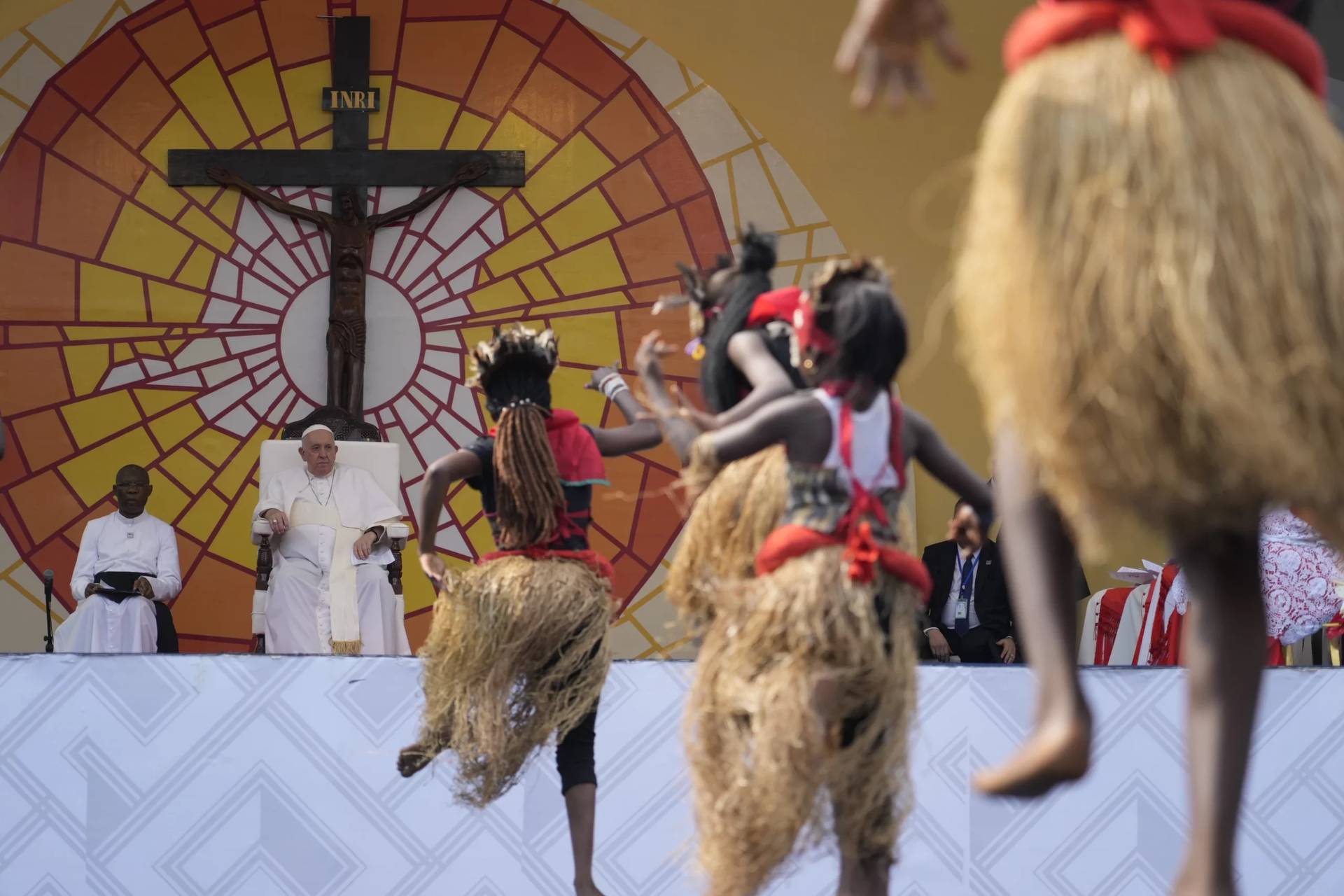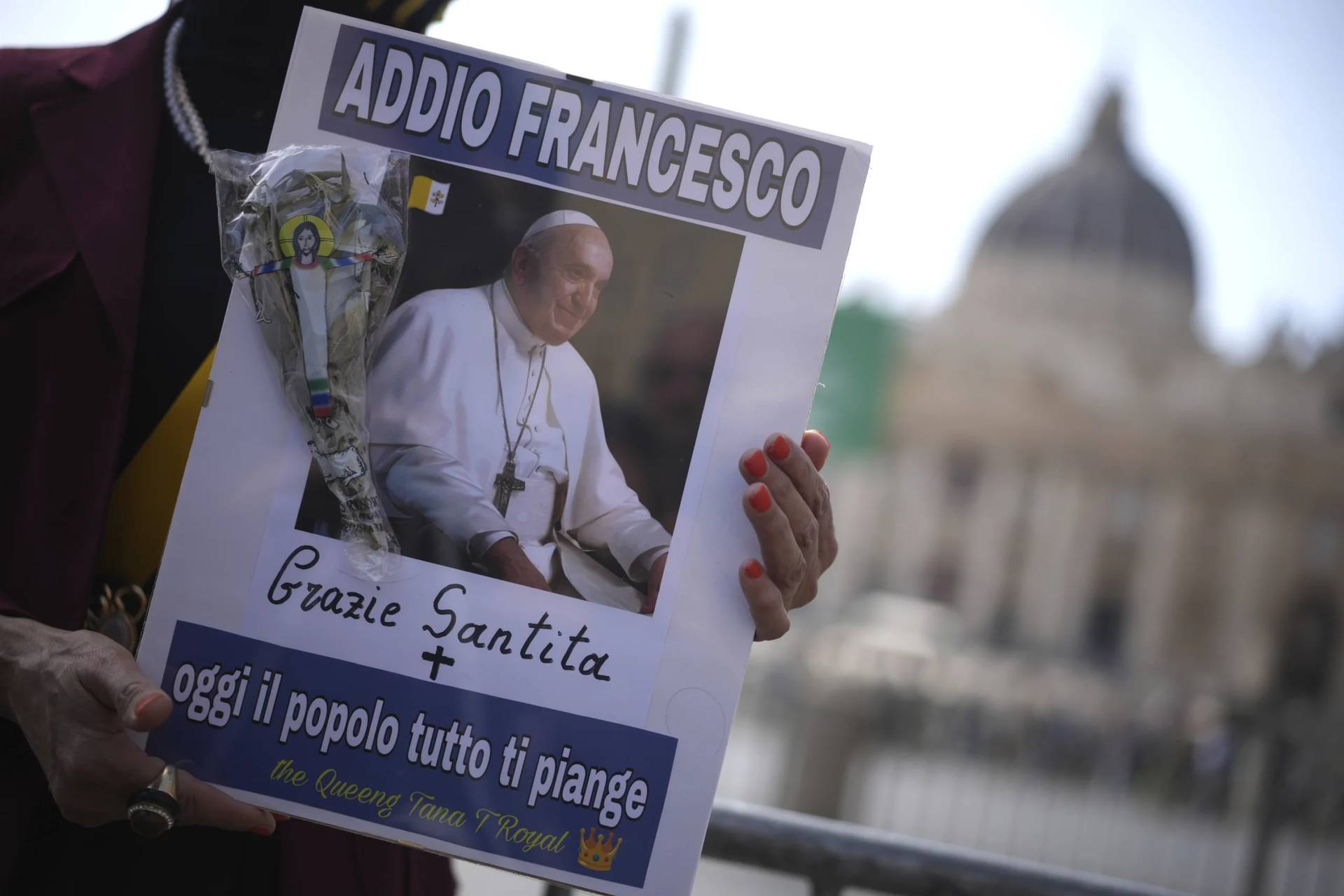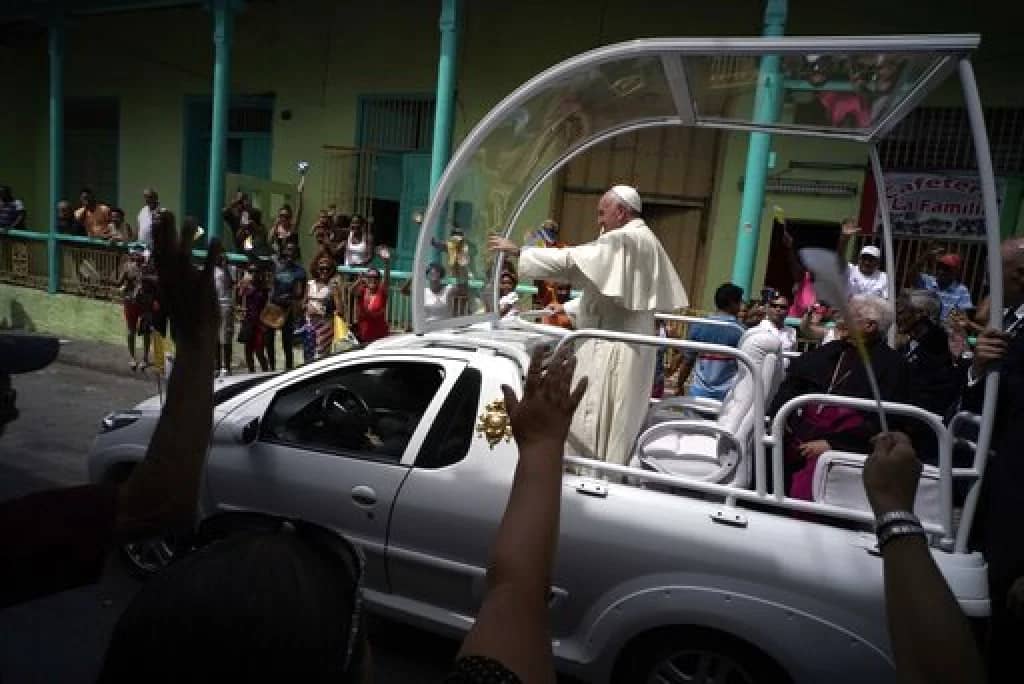A couple of weeks ago, I spoke on the phone to Joaquin Navarro-Valls, who served as the Vatican spokesman from 1984 to 2006, though that hardly does justice to the role he played under Pope John Paul II. In reality, Navarro was a member of John Paul’s inner circle and something akin to a Chief of Staff, much more than a mere press mouthpiece.
I had heard Navarro was seriously ill with a type of cancer, and since I was in Rome I wanted to have the chance to say goodbye. His voice was barely recognizable, scratchy and breathless, but he still managed to tell me I do “stupendous” work and to ask me to say hello to my wife for him.
I hung up in tears, conscious I had just spoken to a dying man.
On July 5, the end came. Navarro-Valls is dead at the age of 80, with the news breaking through a tweet by his successor as Director of the Holy See Press Office, American Greg Burke, who added a phrase that could well be the whole of Navarro’s epitaph: “Grace under pressure.”
Born in Cartagena, Spain, in 1936, the young Navarro attended a German school in his hometown, then studied medicine at the Universities of Granada and Barcelona, eventually becoming a professional psychiatrist and teaching medicine. (Later, Navarro would be known in the Vatican press corps for occasionally offering unsolicited medical advice to journalists, chiding them for putting on weight, not getting enough exercise, and so on.)
Navarro also studied journalism, earning a degree from the University of Navarra in 1968 and another in 1980. He would eventually make journalism his profession, becoming a foreign correspondent for the Spanish newspaper ABC. While covering Italy and the Vatican, he was elected a member of the Board of Directors and later as President of the Foreign Press Association in Rome.
Also as a young man, Navarro joined the Catholic organization Opus Dei, eventually becoming a “numerary,” meaning a celibate member who lives in an Opus Dei center. Over the years the organization served as a lightning rod for controversy, in part for its reputation for conservative politics, in part over charges of cult-like control over members’ lives.
Navarro often bristled at questions about his Opus Dei ties, insisting it was a private matter that had nothing to do with his job.
“I was a foreign correspondent in Egypt, in Israel, and in Greece,” Navarro said in an interview for a 2005 book. “Inevitably I had to write on Islam, on Judaism and on Orthodoxy. Nobody, neither public officials nor religious leaders, was the least concerned, or even curious, about my personal beliefs. They were concerned only with the accuracy and fairness of my reporting.
“Very much the same happened when I worked as a medical doctor in a hospital for fourteen years,” he said. “They were interested in good medical attention, and that was what I tried to give them.”
Navarro was a highly personal choice by John Paul, who called him to a lunch to offer him the job. Looking back, Navarro once said he believed the primary reason John Paul turned to him was because he had been twice elected president of the Foreign Press Association in Rome, a sign of respect by his colleagues, though he acknowledged that being in Opus Dei was perhaps a “guarantee” for the pope that he had a solid formation in Catholic teaching.
As spokesman, Navarro sought to shape the narrative of John Paul’s papacy. He once made a trip to the American White House during the Reagan years to spend time with their communications team, and sought to emulate the best of advanced Western “spin.”
Marco Politi, a veteran Vatican writer for La Repubblica and other Italian outlets, described Navarro as “orientational,” in the sense that he tried to steer journalists in a particular direction in terms of how the story of John Paul II was reported, as opposed to other spokespersons content simply to repeat what the pope said or did and leave it at that.
Beyond simply dealing with the press on John Paul’s behalf, Navarro also was a key policy adviser and emissary of the pontiff, for instance leading the Holy See’s delegation at an International Conference on Population and Development in Cairo in 1994, where there was a strong push to enshrine access to abortion as a human right under international law.
Navarro helped put together an improbable coalition, quickly dubbed the “Holy Alliance,” of Catholic and Muslim nations to beat back that attempt.
Navarro was smart, articulate, hard-working, multi-lingual, and utterly devoted to the popes he served (he would stick around for a while under Benedict XVI before giving way to Jesuit Father Federico Lombardi.)
None of that is to say Navarro was without his flaws.
For one thing, it was often not entirely clear, when he talked about John Paul, whether he was telling us what actually happened or what he felt should have happened. It predates my time, but oral tradition in the Vatican press corps has it that once Navarro gave a full in-air briefing about a meeting John Paul had with Guatemalan human right activist Rigoberta Menchú, down to the colorful native costume she wore.
The only problem was that the meeting was cancelled at the last minute because Menchú was too ill, so Navarro was forced to retract everything. He’d obviously had his talking points ready to go, and didn’t bother checking whether the encounter had actually happened.
During John Paul’s final illness in 2005, the pope underwent a tracheotomy on Feb. 24 to relieve respiratory problems. The next morning Navarro told the press that John Paul had eaten ten cookies for breakfast – which, beyond just being an awful lot of cookies, strained credibility because it wasn’t clear how a patient with a tracheal tube could even do it.
Still, on the important stuff we all took Navarro seriously, because we knew John Paul had his back.
Navarro was also the bane of many reporters’ existence, because he nakedly and openly played favorites. There were some journalists, either because of the size of their audience or because he trusted them, with whom he would share insider information, and others whose phone calls and emails he would never return.
I got a spot on his “A” list fairly early, so I never had any complaints, but I understood why many of my colleagues did. Remarkably often, I’d end up calling him with a question for one of them, simply because I could get through and they couldn’t.
However, no one’s perfect, and on the whole, the Navarro Valls I knew was a giant of a man. He also took a deep personal interest in the people around him – in fact, the very last question he ever asked me in that brief talk we had a couple weeks ago was about my health.
Here’s what Burke, like Navarro a numerary of Opus Dei, said on his predecessor’s passing.
“Joaquin Navarro embodied what Ernest Hemingway defined as courage: grace under pressure. I got to know Navarro when I was working for Time, and the magazine named John Paul II ‘Man of the Year.’ I expected to find a man of faith, but I found a man of faith who was also a first-class professional.
“Navarro had worked as a correspondent before coming to the Vatican, and his colleagues from around the globe clearly recognized his merits, electing him President of the Stampa Estera in Rome.
“I remember watching Navarro closely during the UN Population Conference in Cairo — one of the best examples of what Pope Francis calls ideological colonization. It was fascinating to see someone who was defending the faith, but he wasn’t on the defensive. He was leading the fight.
“I didn’t always agree with Navarro, but he always behaved like a Christian gentlemen – and those can be hard to find these days.”
I’m not going to come up with a better summary than that, so let me just add one final note.
When I spoke to Navarro for the last time, I tried to tell him what he had meant to me, and how much he had helped me when I was just starting out. I’m not sure he took it all in, because by that stage in the conversation he was obviously fatigued and drifting in and out.
If he didn’t quite get it, let me say it now: I’m probably not here, writing this appreciation or doing anything else in journalism, had it not been for Joaquin Navarro-Valls. To quote Shakespeare, “Take him for all in all, I shall not look upon his like again.”












